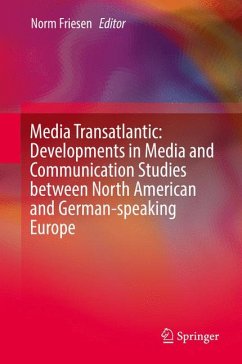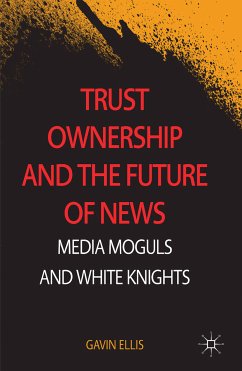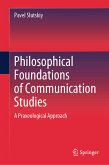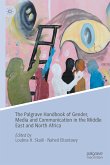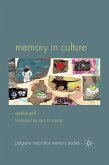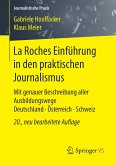This book reflects recent scholarly and theoretical developments in media studies, or Medienwissenschaft. It focuses on linkages between North America and German-speaking Europe, and brings together and contextualizes contributions from a range of leading scholars. In addition to introducing English-language readers to some of the most prominent contemporary German media theorists and philosophers, including Claus Pias, Sybille Krämer and Rainer Leschke, the book shows how foundational North American contributions are themselves inspired and informed by continental sources. This book takes Harold Innis or Marshall McLuhan (and other members of the "Toronto School") as central points of reference, and traces prospective and retrospective lines of influence in a cultural geography that is increasingly global in its scope. In so doing, the book also represents a new episode in the international reception and reinterpretation of the work of Innis and McLuhan, the two founders of the theory and study of media.
Dieser Download kann aus rechtlichen Gründen nur mit Rechnungsadresse in A, B, BG, CY, CZ, D, DK, EW, E, FIN, F, GR, HR, H, IRL, I, LT, L, LR, M, NL, PL, P, R, S, SLO, SK ausgeliefert werden.

